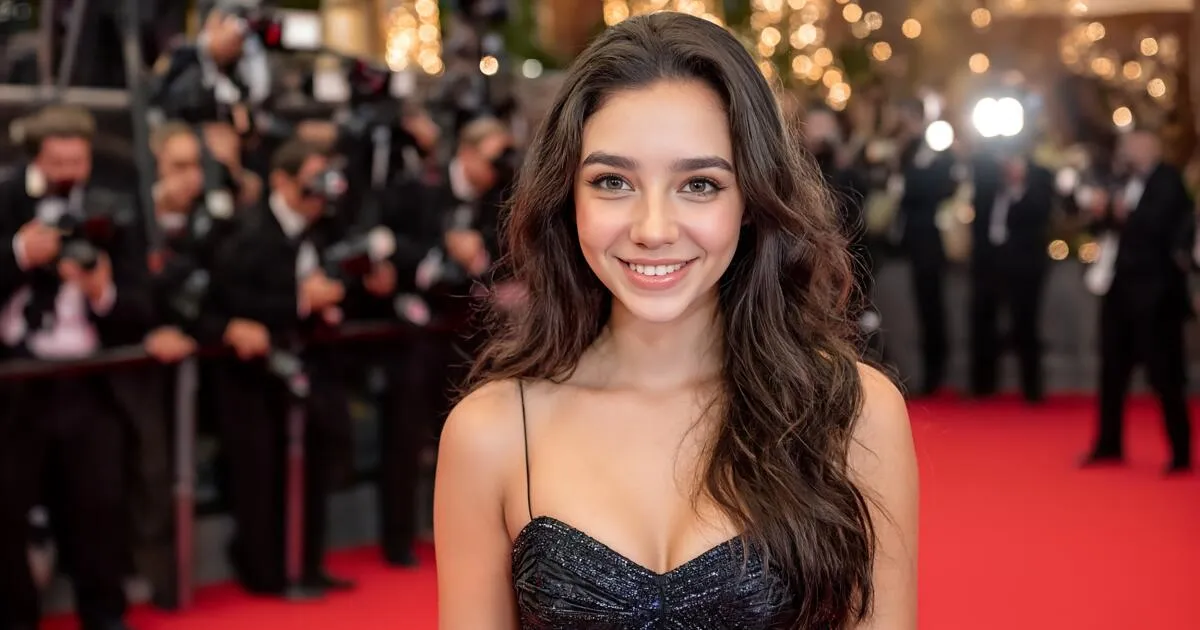
This week, a wave of visceral reactions emerged from prominent figures in Hollywood, including Emily Blunt, Whoopi Goldberg, and Natasha Lyonne, in response to the sudden rise of Tilly Norwood. However, Tilly Norwood is not a real person; she is a computer-generated composite featured in a comedic sketch on Instagram. A message on her Instagram account claims, “I may be AI, but I’m feeling very real emotions right now. I am so excited for what’s coming next!” This sentiment has not garnered much support within the industry, where concerns about artificial intelligence replacing human actors are increasingly prevalent.
Tilly Norwood's creator ignited controversy by announcing that this digital actress would soon be represented by a talent agency. In a swift response, SAG-AFTRA, the union representing actors, voiced its disapproval. “To be clear, ‘Tilly Norwood’ is not an actor; it’s a character generated by a computer program that was trained on the work of countless professional performers — without permission or compensation,” the guild stated. This statement reflects the deep-rooted anxieties within the industry regarding the implications of AI on performers' livelihoods and the devaluation of human artistry.
Two years ago, SAG-AFTRA members engaged in a significant 118-day strike to demand stronger protections against the misuse of AI in their contracts with major studios. The union's President, Sean Astin, emphasized the importance of consent and compensation for actors whose work has been appropriated to create AI models like Norwood. “It manipulates something that already exists,” Astin explained. “The idea that it isn’t harming actors ignores the fundamental truth that it is taking something that doesn’t belong to them.”
Tilly Norwood was developed by Xicoia, a London-based AI talent studio founded by Dutch actor Eline Van der Velden. Xicoia collaborates with estates and Hollywood stars interested in appearing as their younger selves on screen. Following the backlash, Van der Velden defended her creation, describing Norwood as “a creative work — a piece of art.” She compared AI to traditional artistic tools, stating, “Just as animation, puppetry, or CGI opened fresh possibilities without taking away from live acting, AI offers another way to imagine and build stories.”
While some in the industry see potential in AI, others remain skeptical. The rise of digital characters in advertising campaigns has become increasingly common, as evidenced by the performance of Japanese digital character Hatsune Miku at Coachella in 2024 and the appearance of an AI model in Vogue magazine. Major studios like Lionsgate have begun exploring AI for storyboarding, while Netflix and Amazon MGM Studios have incorporated AI into their visual effects processes. However, this trend has also raised significant concerns regarding copyright infringement and the ethical use of content.
The proliferation of AI technologies has prompted legal challenges, with Disney, Universal, and Warner Bros. Discovery suing AI companies for copyright infringement earlier this year. Many actors have expressed their discontent, calling for a boycott against agents who choose to represent Tilly Norwood. “Read the room, how gross,” wrote Melissa Barrera, an actor from “In the Heights,” on Instagram. SAG-AFTRA President Sean Astin reiterated, “Our members reserve the right to not be in business with representatives who are operating in an unfair conflict of interest, who are operating in bad faith.”
The emergence of Tilly Norwood has sparked a crucial conversation about the future of AI in Hollywood. As the industry grapples with the ethical implications of digital actors, the balance between innovation and the protection of human performers remains a pressing concern. With ongoing debates about consent, compensation, and the integrity of artistic expression, the role of AI in the entertainment industry is sure to evolve, prompting further scrutiny and discussion.